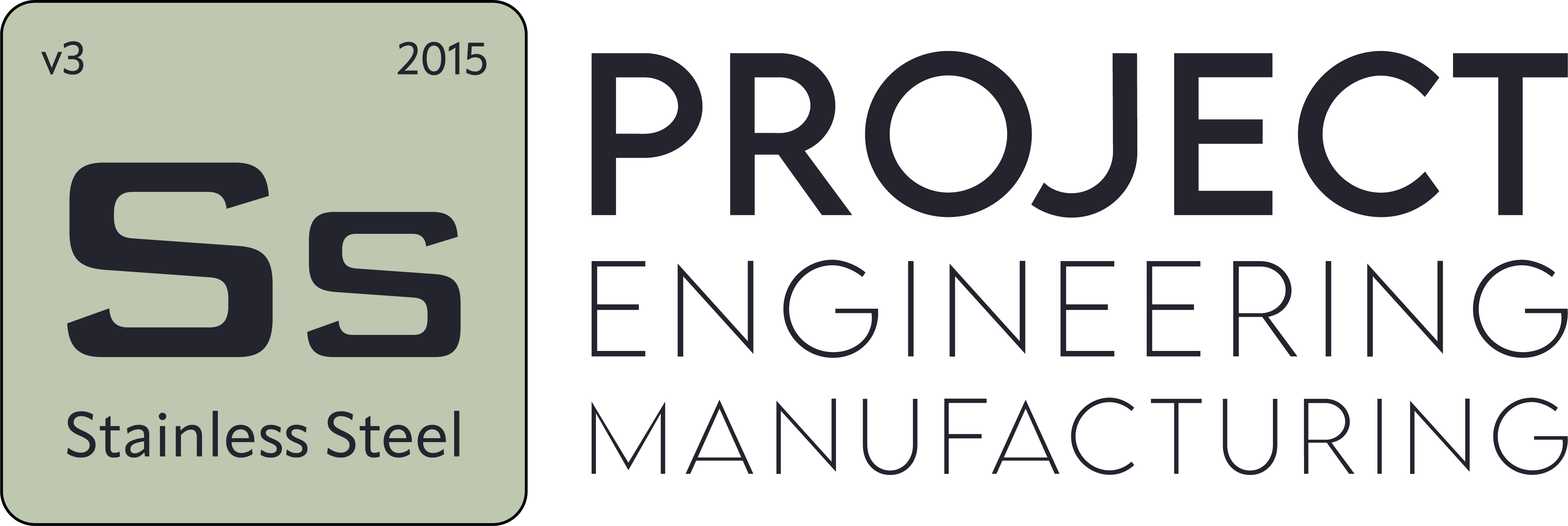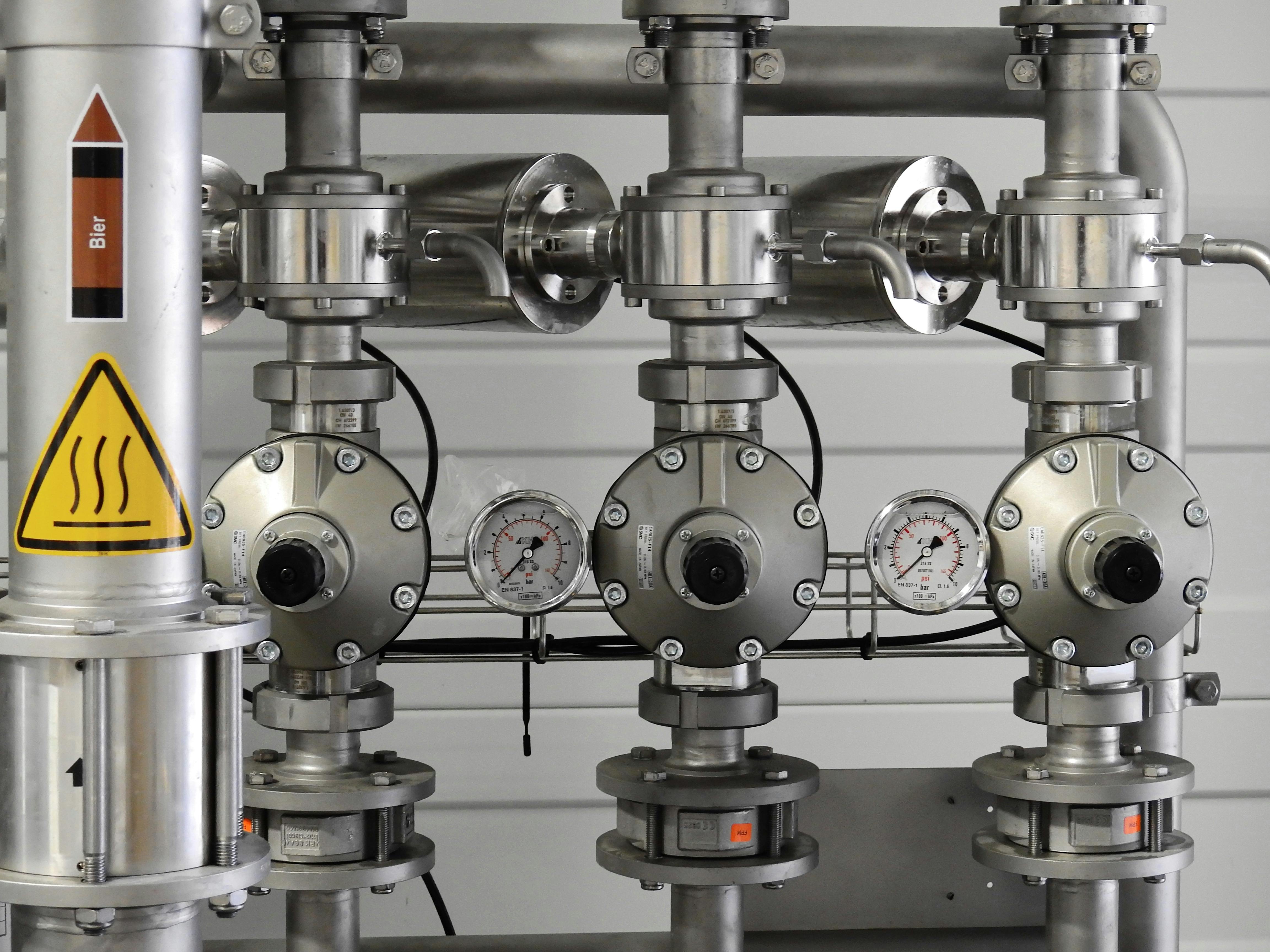Stainless Steel Usage Areas
- Blog
- Stainless Steel Usage Areas
Stainless Steel Usage Areas
Stainless steel is one of the most preferred metal alloys today with its high resistance to corrosion, durability and aesthetic appearance. Stainless steel, which finds a wide range of use in different sectors, stands out with its durability and hygienic. In this article, we will examine the usage areas of stainless steel in detail.
What is Stainless Steel?
Stainless steel is an iron-based alloy produced by adding elements such as chromium and nickel. Chromium provides resistance to corrosion, which is the main feature of stainless steel. Nickel improves the mechanical properties and formability of steel. Stainless steels are divided into various types by the addition of chromium, nickel and other elements in different proportions. These types are preferred in different areas of use because they have different features.
Stainless Steel Usage Areas:
Stainless steel is used in a wide range of different sectors thanks to its durability, hygienic and aesthetic appearance. The main areas of use are:
1. Kitchenware:
Stainless steel is one of the most preferred materials in kitchens. Many kitchen items such as pots, pans, knives, cutlery, sinks and countertops are made of stainless steel. Stainless steel kitchen utensils stand out with their durability, hygienic nature and easy cleaning.
2. Medical Equipment:
Stainless steel is also widely used in the production of medical equipment. Many medical equipment, such as surgical instruments, implants, dental instruments and sterilizers, are produced from stainless steel. Stainless steel medical equipment is preferred due to its resistance to corrosion, suitability for sterilization and long life.
3. Construction and Architecture:
Stainless steel is used in buildings and other structures for both aesthetic and functional purposes. Many structural elements such as facade claddings, railings, stairs, elevators and building entrances are produced from stainless steel. Stainless steel construction materials are preferred for their durability, resistance to corrosion and aesthetic appearance.
4. Chemical and Petroleum Industry:
Stainless steel is used in many equipment such as tanks, pipes, valves and pumps used for the storage and transportation of chemicals and petroleum products. Stainless steel chemical and oil industry equipment is preferred due to its high resistance to corrosion, durability and long life.
5. Textile Machinery:
Stainless steel is used in many parts of textile machinery. Parts of textile machinery such as spinning machines, weaving looms and dyeing machines are produced from stainless steel. Stainless steel textile machine parts are preferred for their resistance to corrosion, durability and long life.
6. Other Uses:
Stainless steel is used in many different areas other than the sectors listed above. It is possible to encounter stainless steel in many sectors such as the aviation and space industry, food industry, automotive industry, railway equipment and furniture.
Advantages of Stainless Steel:
There are many reasons why stainless steel is preferred. Its main advantages are:
- Resistance to Corrosion: Stainless steel has high resistance to corrosion thanks to chromium. In this way, it is protected against oxidation and rust.
- Durability: Stainless steel is resistant to mechanical impacts and wear. In this way, it is long-lasting.
- Hygienic : Stainless steel has a non-porous and smooth surface. In this way, it does not allow bacteria and microorganisms to harbor and is hygienic.
- Easy Cleaning: Stainless steel is an easy-to-clean material. In this way, it becomes easier to maintain hygiene.
- Aesthetic Appearance: Stainless steel has a modern and stylish appearance. In this way, it is preferred in many decorations.
- Recyclable: Stainless steel is a recyclable material. In this way, it is environmentally friendly.
Things to Consider When Choosing Stainless Steel:
When choosing stainless steel, it is important to choose the appropriate type for the intended use. Different types of stainless steel have different properties. For example, stainless steel to be used in the food industry must be a type with a high nickel content to be hygienic. Stainless steel to be used in the chemical industry must be a type with a high chromium content to be resistant to corrosion.


